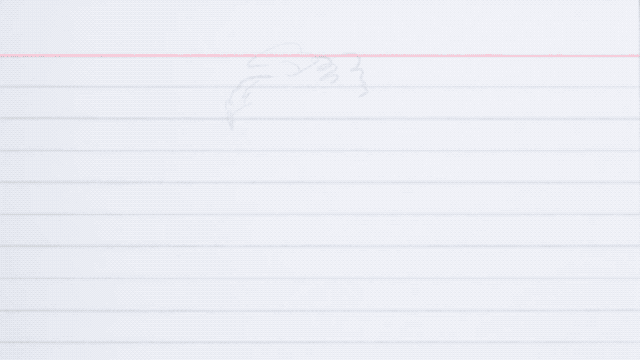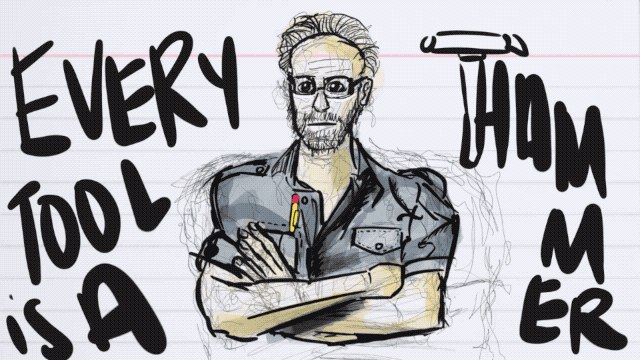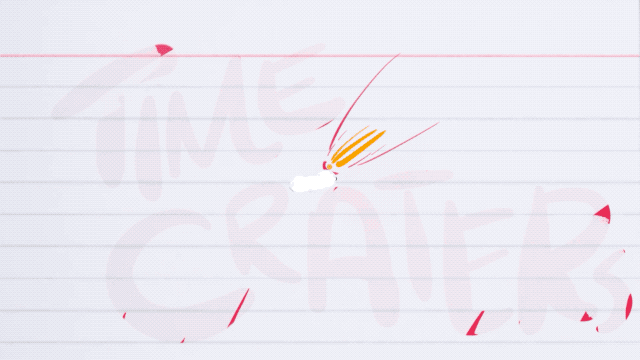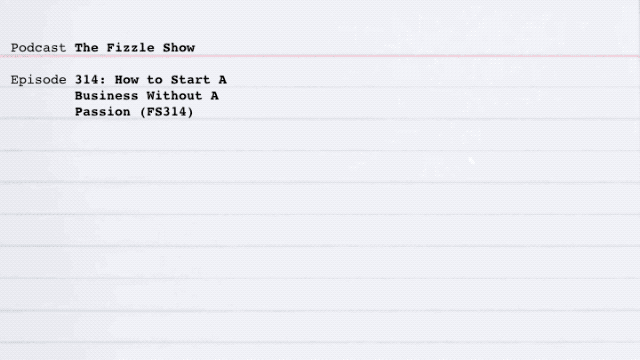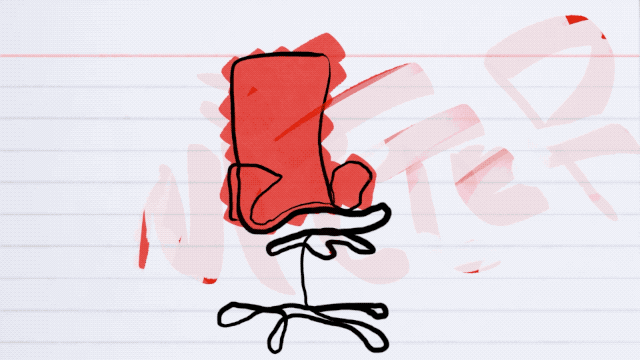Podcast: My First Million by Shaan Puri & Ishan Haque
Episode: Bonus episode! Answering listener questions (Apple Podcasts, Overcast, Google Podcasts)
I’ve been binging on “My First Million” the past few days. It’s fairly new (first episode is June 2019) so it was nice to not be overwhelmed by a library of like 400 episodes.
In this Q&A episode, Shaan Puri talks about lists and how making lists can be a big waste of time:
And people love making lists rather than actually just reaching out and trying to make the thing happen. I have a rule when we do this whenever we’re trying to do a project. I will tell the guys: what we want is to, in the next hour, we want to reach out to a customer or we want to reach out to a vendor. or we want to reach out… We want to actually fire the bullet we don’t want to spend a full day just loading the chamber of the gun. So making lists, I’ve found, is the biggest waste of time.
Making the list typically involves a lot of research and a lot of writing down things and it’s this false sense of productivity because you look at this giant spreadsheet and you say, “Oh man now we’re really prepared. Now we’ve got this huge list. That was a lot of work.” But the reality is it was just easy work because you didn’t have to get out there and actually, you know, interact with the market in any way. You were just doing research on your computer. So the biggest time waster I’ve seen is making lists.
This part reminded me that I’ve mostly just been making lists of ideas without actually finishing anything. I want to get some momentum with making and actually finishing things again.
The specific list is my list of podcast highlights. Here’s a glimpse of this list:
There are a few more columns to capture the URL, date, and timestamp. The idea was that it’d make it easier for me to write posts like this one you’re reading right now. A single podcast link with a quote.
And here are a few more rows that aren’t so Joe Rogan heavy:

This list is approaching 400 items. I’ve written maybe a dozen posts using this list to help.
Time to stop loading the chamber. I actually do have a huge list and am prepared. Time to actually start hitting publish.
